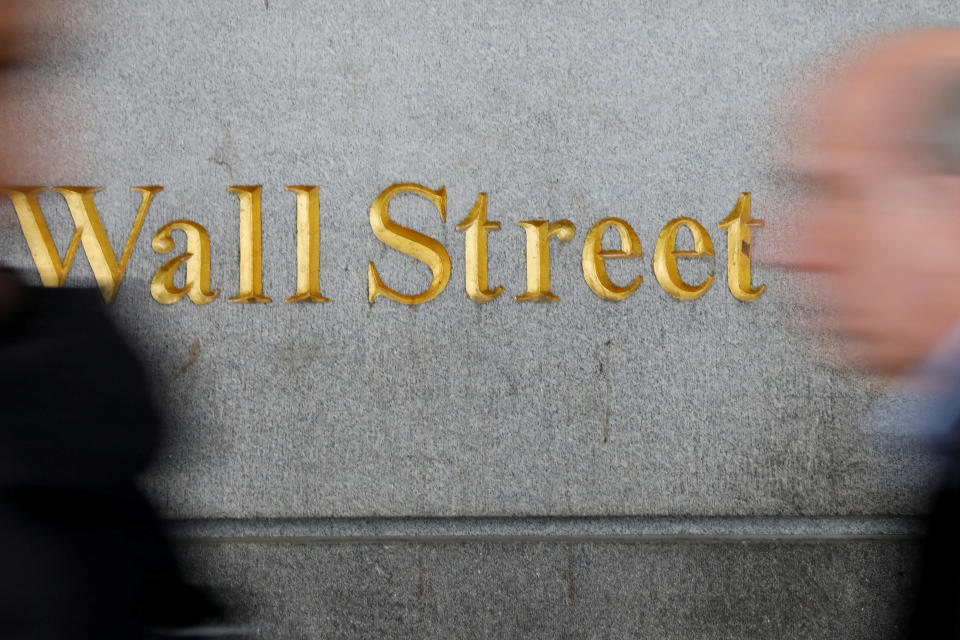Stocks rallied on Monday, extending losses from the past few trading sessions as fears of a weak economy gripped markets.
The Nasdaq Composite (^IXIC) fell 4%, while the S&P 500 fell nearly 3% and the Dow Jones Industrial Average (^DJI) shed more than 2%, or nearly 1,000 points. in the first business.
The 10-year Treasury (^TNX) fell another 10 points to close at 3.69%, and is now down nearly 60 points in less than two weeks. Volatility is also high, The CBOE Volatility Index, known by the ticker as simply VIX (^VIX) shot above 60 for the first time since 2020.
The latter part of the sell-off surged overnight as Japan’s Nikkei 225 (^N225) fell more than 12% in its biggest daily loss after rising interest rate from the Bank of Japan. Yardeni Research president Ed Yardeni told Yahoo Finance that he thinks “the bulk” of the selloff in US stocks is due to Japan’s moves.
Yardeni explained that the collapse of the so-called “car business” was caused by traders borrowing money in Japan at 0% interest and then taking that money and investing in market places like the Magnificent Seven tech stocks.
“Now, when the central bank is tightening while other central banks are tightening, the yen suddenly has a big swing to the upside and that strength, really, leads to many of these imaginary places,” Yardeni said. “All of that is going to be uncovered. And I think it’s a lot of margin calls, and I think it’s going to happen quickly, and the break should be over by the end of the week.”
The sell-off in US stocks also came as investors also changed their expectations for domestic fiscal policy.
July’s weaker-than-expected jobs report, which revealed a positive sign of an economic slowdown linked to a rise in the unemployment rate, fueled fears that policy of the Fed can be very restrictive.
After that, the markets turned quickly to the price with high chances of further decline this year. As of Monday morning, markets are pricing in about a 95% chance of a 50 basis point rate cut at the end of the Fed’s September meeting, down from less than a 12% chance last week, according to CME FedWatch Tool.
However, some Wall Street experts don’t think the market move is a clean bet on the US economy.
“I don’t buy the idea that the market is picking an economic slowdown overnight,” Charles Schwab chief investment strategist Kevin Gordon told Yahoo Finance. “I think it’s going to take a little longer, for us to understand that.”
Gordon says that since the recent market peak in July, defensive sectors such as Consumer Staples and Utilities have led the market, while the biggest losses have been seen in Technology.
“The sector’s action tells me that there is a lot more to selling high-flying aircraft and making some profit… It’s not the obvious fall in cyclical business.”
For Gordon, the market’s recent reaction to the jobs report was consistent with the sentiment expressed by investors after big tech earnings. In both cases, the expectations may be too strong compared to the actual data.
“It’s a good reminder that this is really about expectations and not so much about good and bad when it comes to data,” Gordon said.
On Monday, big tech remained the main driver of sales, with Nvidia ( NVDA ) slipping nearly 10%, while Apple ( AAPL ), Meta ( META ) and Microsoft ( MSFT ) all were more than 4%.


#stock #market #selloff #weak #economic #data